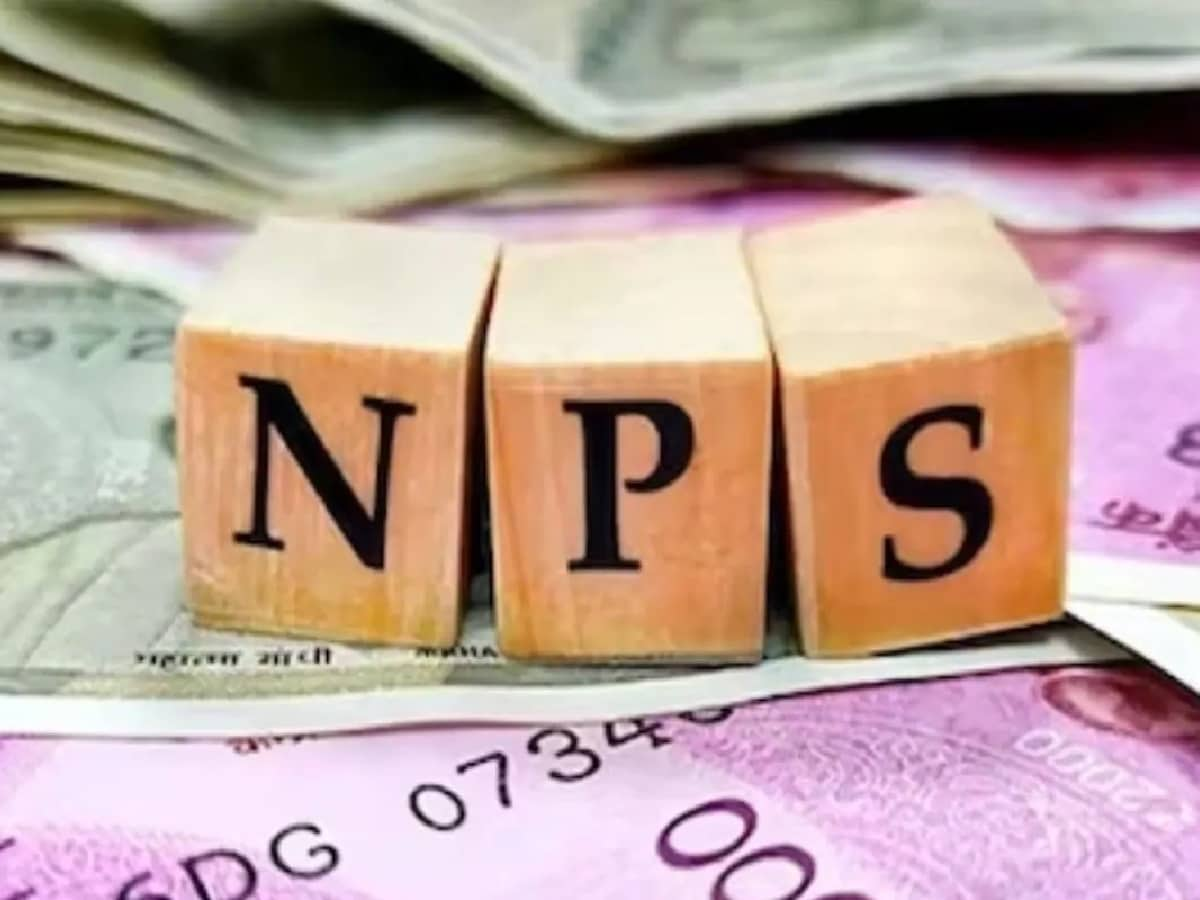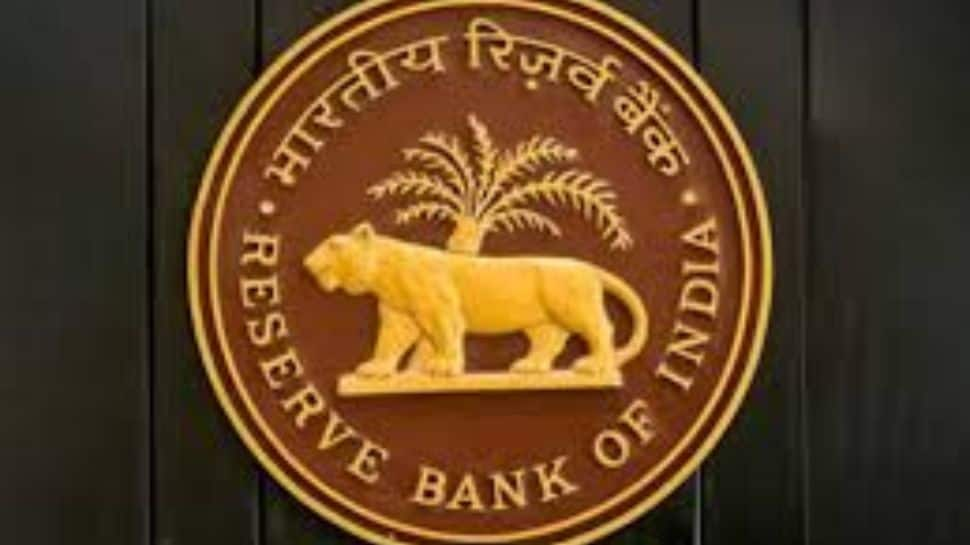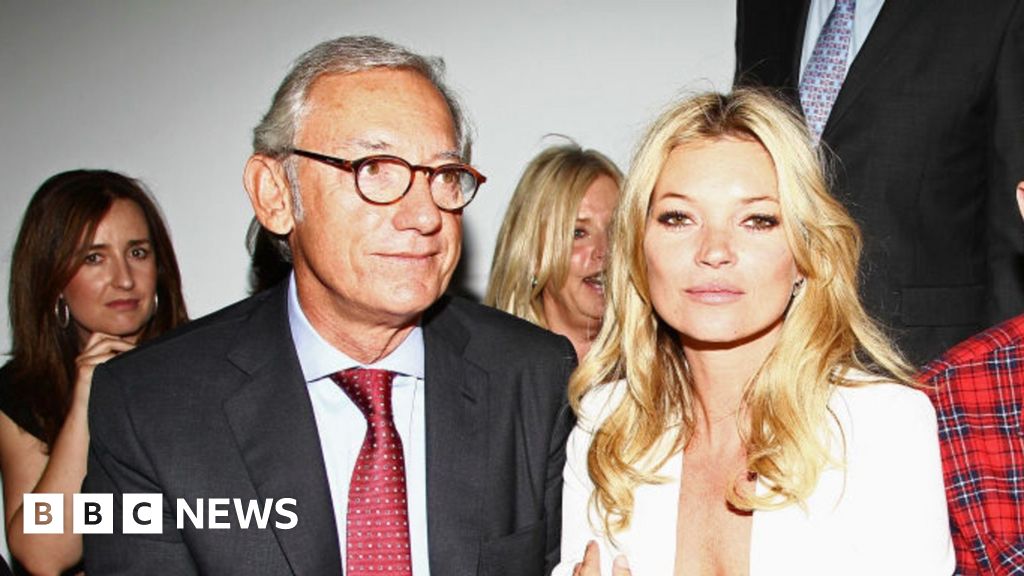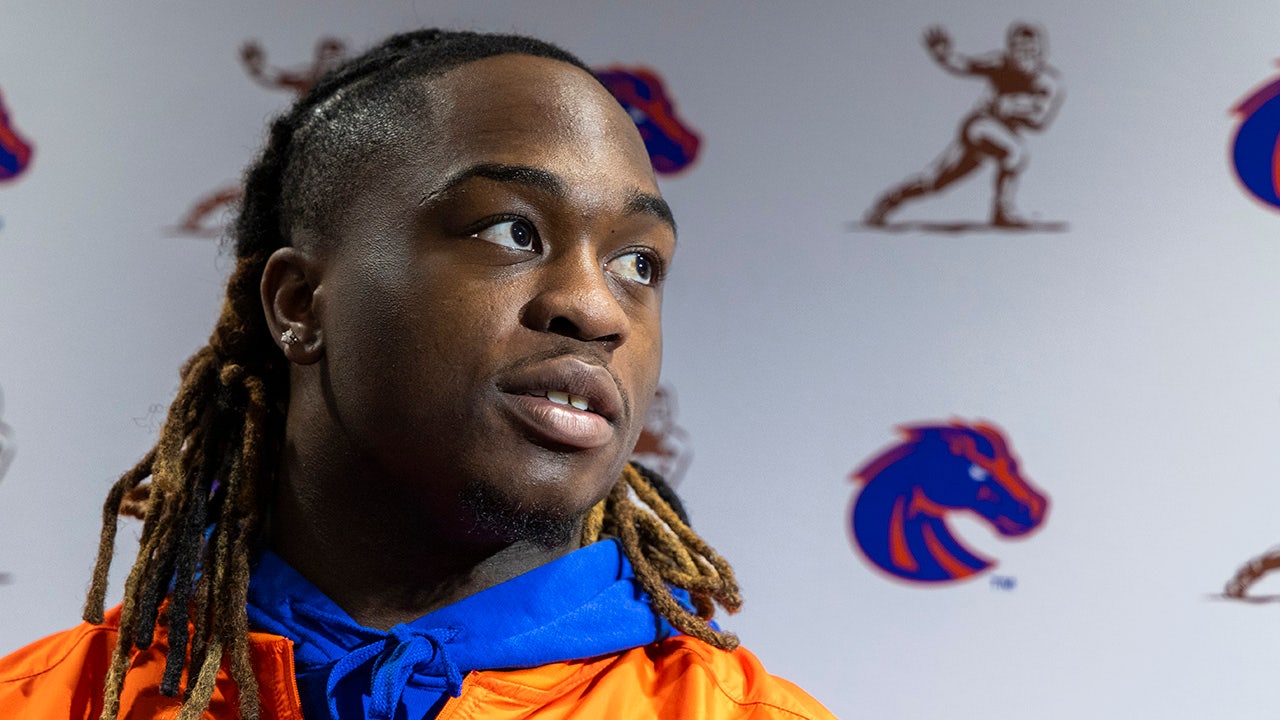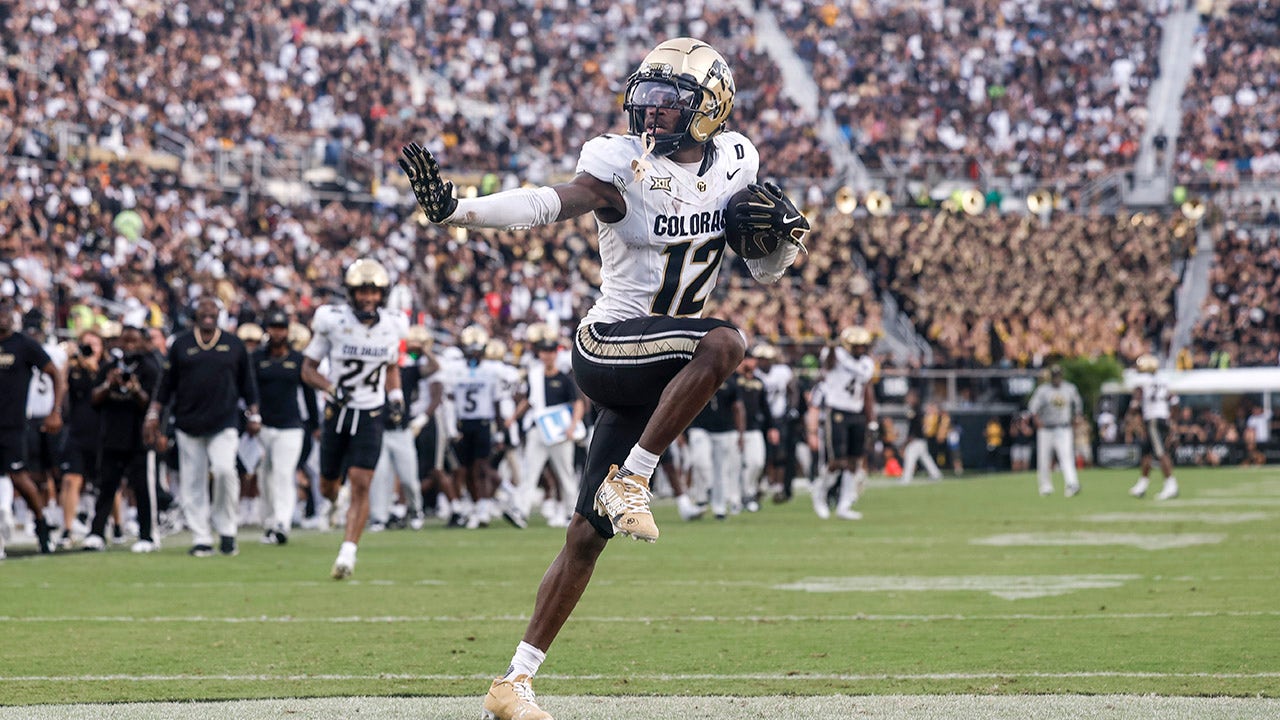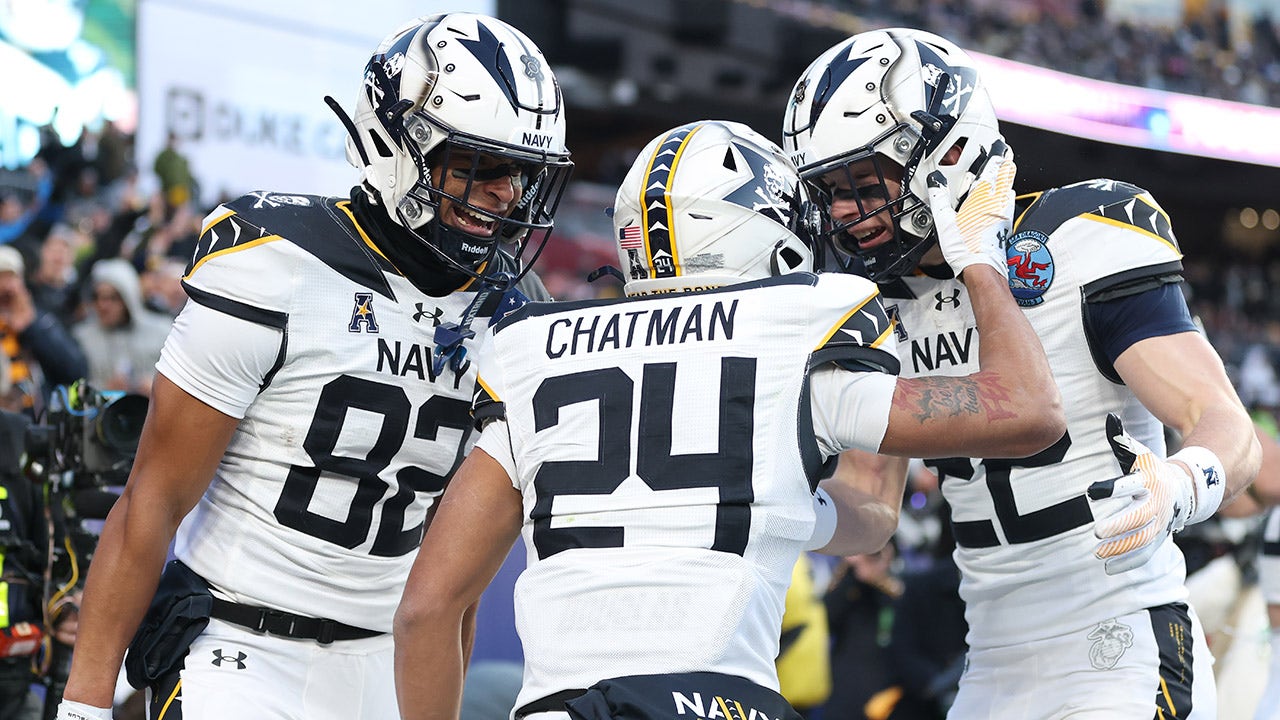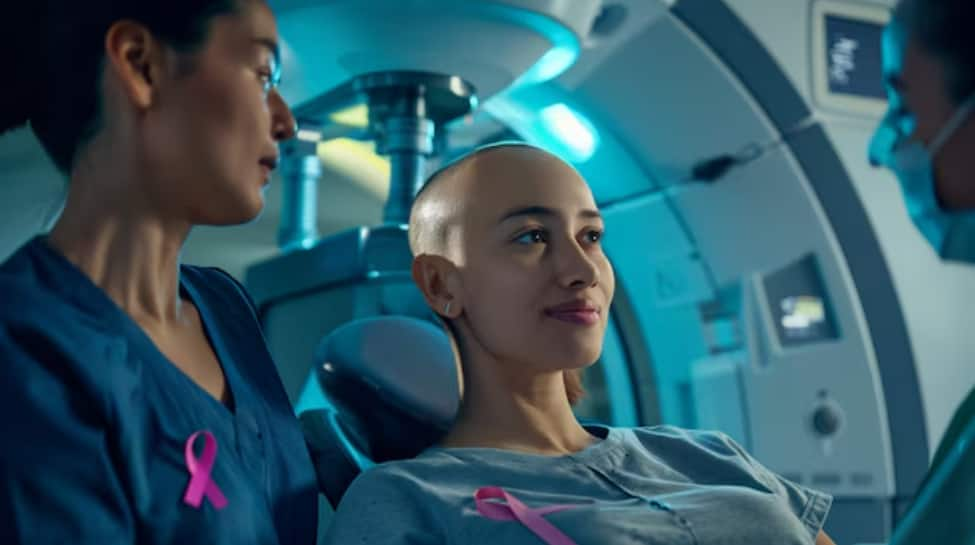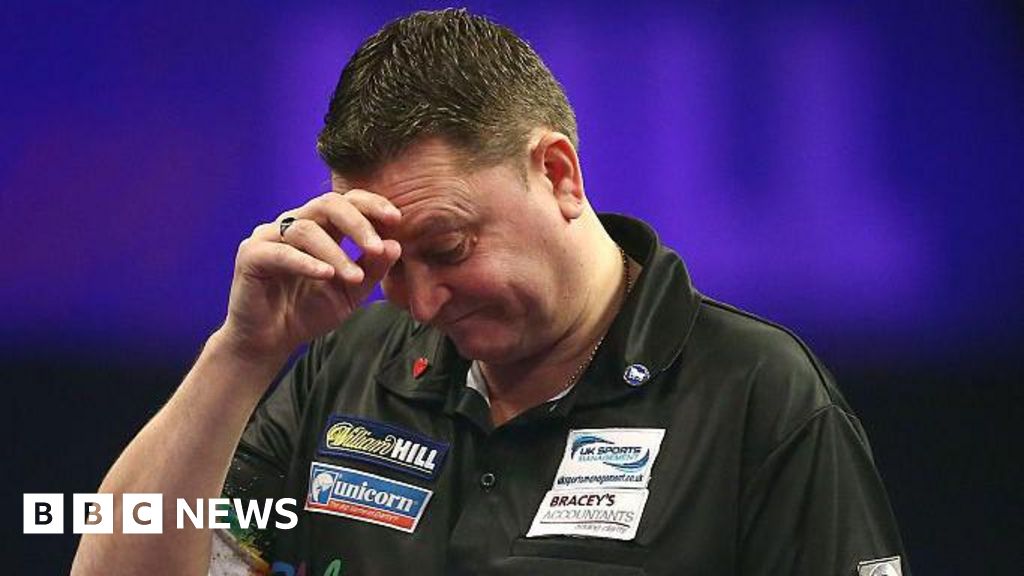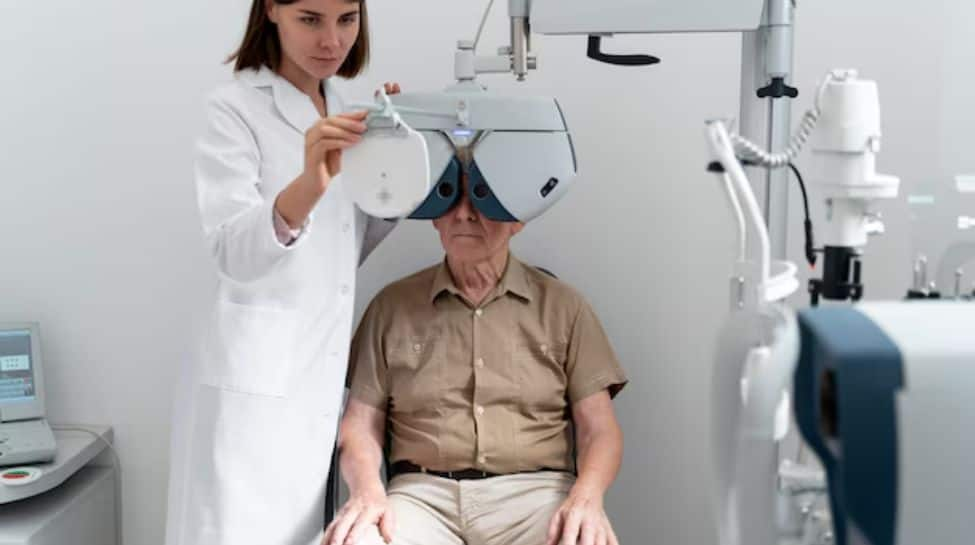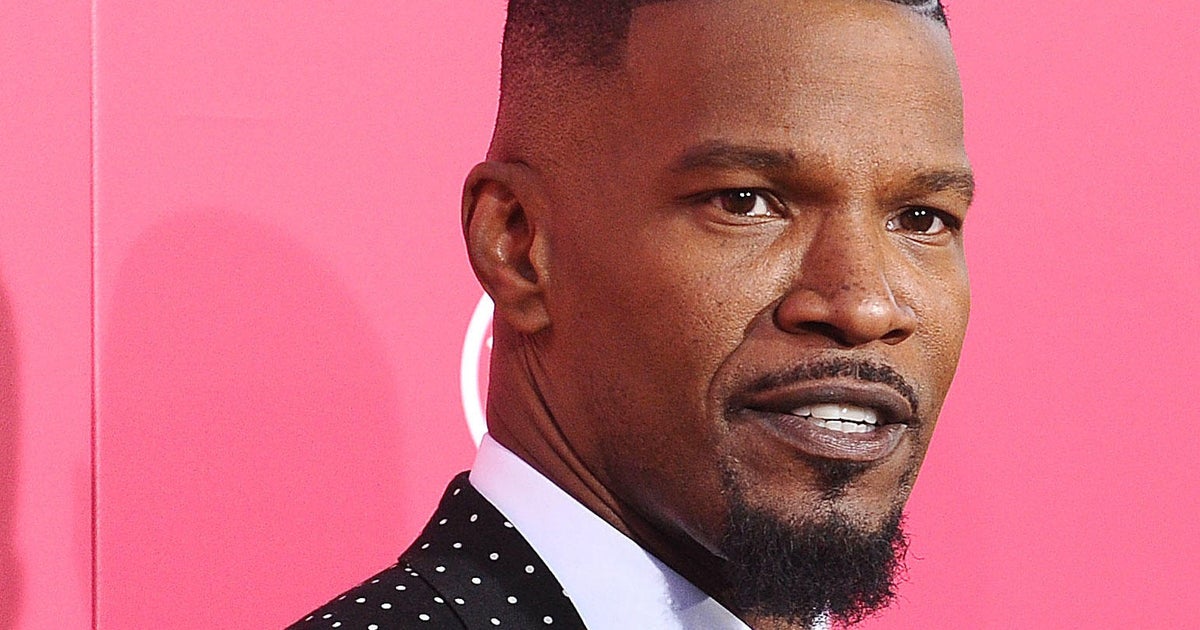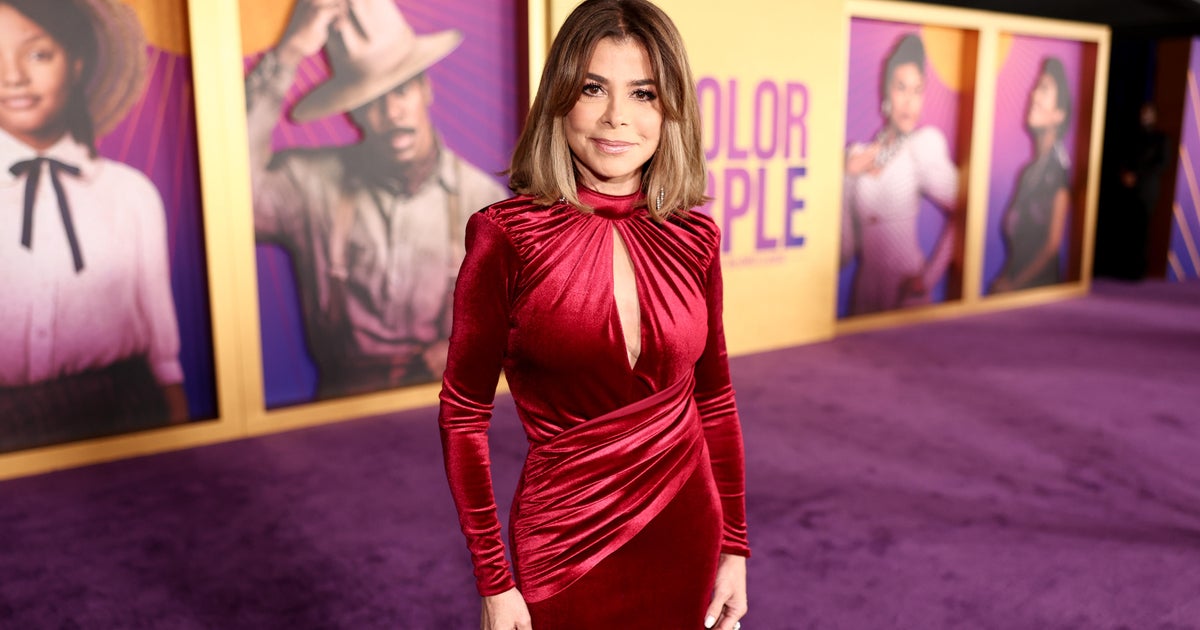“The Sixth Sense” marked the beginning of a collaboration on eight films between Shyamalan and Howard, and the music that resulted is celebrated in a new album, “Night After Night,” on Sony Classical. Howard reconceived all eight scores as concert suites, performed by a full orchestra and choir, with new connective passages and expressive solos by violinist Hilary Hahn and pianist Jean-Yves Thibaudet.
The music of “Night After Night” echoes the eight-film partnership between another master of suspense, Alfred Hitchcock, and his supreme composer, Bernard Herrmann. But one thing that distinguishes the marriage between Shyamalan and Howard is an undercurrent, and often almost a palpable mist, of melancholy.
“Unbreakable,” the 2000 film starring Bruce Willis as a downcast man with super strength but a marriage on the rocks, is awash in the emotional color of blue. “Signs” is ostensibly about an alien invasion, but really it is about grief and the restoration of faith. And all eight scores bloom in the last act with a surge of lyrical, rhapsodic revelation.
The scores are often religious in their grandeur. “Both James and I are still the children that believe in things,” Shyamalan says, “and walk through life with genuine gratitude that comes from seeing the numinous in everything, the divine in things.” And though neither is religious in any orthodox sense, they both “believe in believing,” he adds. “And so we ignite that in each other.”
“The Sixth Sense” used a conventional scoring process, in which Shyamalan created a temporary music track for reference and Howard had just six weeks to compose a score. On every subsequent film, the two had a far deeper and more fully integrated method. Howard would fly to the Philadelphia farm that Shyamalan owns before a frame was shot, and the director would enthusiastically tell the story of his inchoate film with storyboards. Howard then returned to Los Angeles to write themes and suites based on his impressions.
Howard says Shyamalan taught him always to consider whose emotional point of view the score was coming from. Shyamalan also insisted on economizing each score: lean orchestration, all in service of a “singular” idea, with a memorable, repeating motif that was inextricably married to that particular story.
Sometimes Howard had first instincts that aligned with the picture, sometimes not. He tried an operatic approach with “Unbreakable,” even using a baritone singer, “because that movie is really an opera, I felt,” Howard says, “with the two opposing heroes and villains.” But “it lacked the drive,” Shyamalan says, “and the kind of physicality that the movie had bubbling underneath it.”
So Howard took his simple, plaintive motif and put a trip hop electronic beat under it. Shyamalan loved it so much that he used it throughout the film. When the composer took his first swing at “The Village,” the 2004 movie starring Bryce Dallas Howard and Joaquin Phoenix about monsters lurking in a premodern community, he scored it like a thriller.
But when he and Shyamalan watched the film with his demo music, it felt wrong. They had a realization: This is really a love story. So Howard went back to square one and composed a wistful, lullaby-like theme and numerous arpeggiated solos for Hahn, the violinist, and the resulting score took on a woodsy romanticism.
For Hahn, who was 24 at the time, the experience of recording “The Village” completely changed the way she approaches musical interpretation. “The emotional destination of the music is on the screen already,” Hahn says. “The fact that the notes come after the emotions is fascinating. It sounds like such a nerdy differentiation, but it’s everything. It’s almost like working backward.
“It’s just completely opposite how one learns a piece of written music without a movie attached to it,” adds Hahn, who revisited and elaborated on her solos for the new album, recorded last fall at Abbey Road Studios in London. “I took that and I just kind of kept that feeling in everything I did after that. It was really pivotal for me in my career.”
Like Hitchcock and Herrmann, this artistic marriage too came to an end, albeit far less acrimoniously. Hitchcock famously threw out the final score Herrmann composed for him, “Torn Curtain,” and the two never spoke again. After the persistent and critical drubbing of “The Happening,” “The Last Airbender” and “After Earth,” Shyamalan retreated from the major studios and reset his career by making small, self-financed movies, like “The Visit” and “Split,” working with upstart composers, including West Dylan Thordson and Herdís Stefánsdóttir, in a much less rhapsodic mode.
Shyamalan has not worked with Howard in 10 years, but they remain close friends. Howard, 72, is like an older brother to Shyamalan, 53. “I’m taking such crazy risks,” Shyamalan says. “It’s almost like you are investing in some crazy start-up company and you don’t want your family members to invest. It’s like, ‘I don’t know if this is going to work!’ I’m very protective of him. I feel confident we will make more movies together.”
The classic films from Shyamalan were always marketed for their fear factor. On the surface they were about ghosts, superheroes, aliens and monsters. But at heart, they were about catharsis and love. And sadness. “In some ways, beauty is essentially sad,” Howard says. “Love is about loss.”
Tim Greiving is an arts journalist specializing in film music. He teaches film music history at the University of Southern California and is working on a biography of composer John Williams for Oxford University Press.







